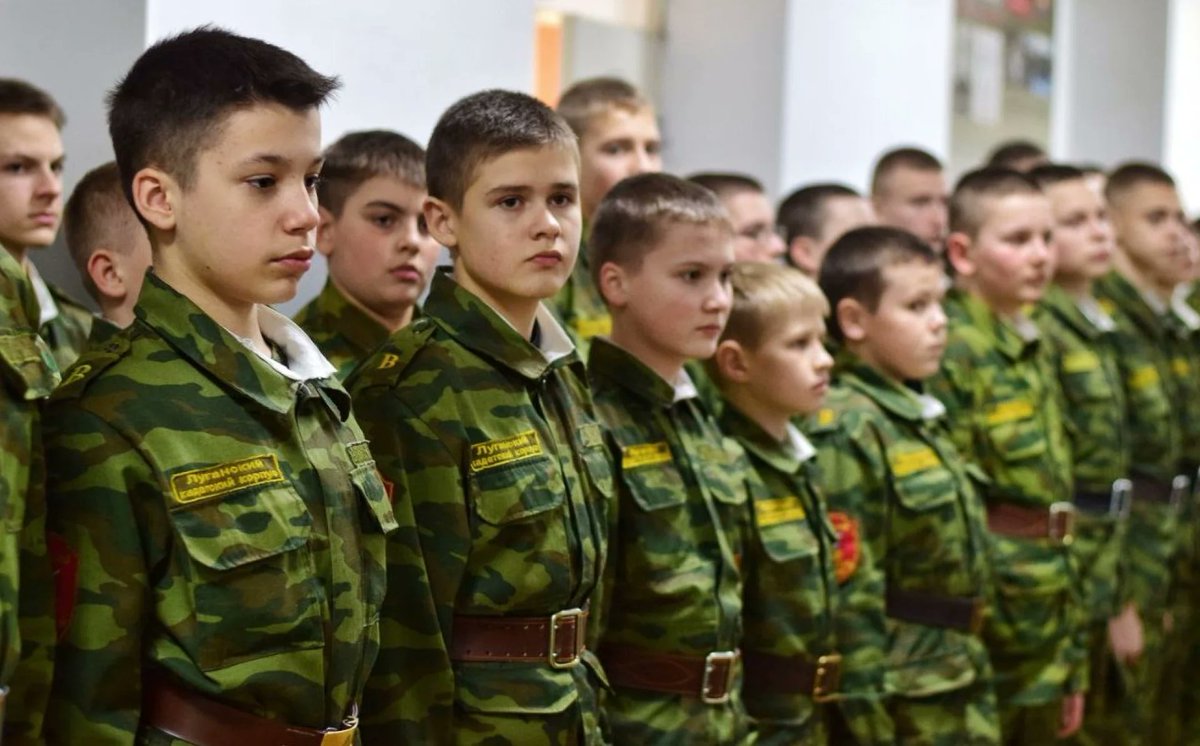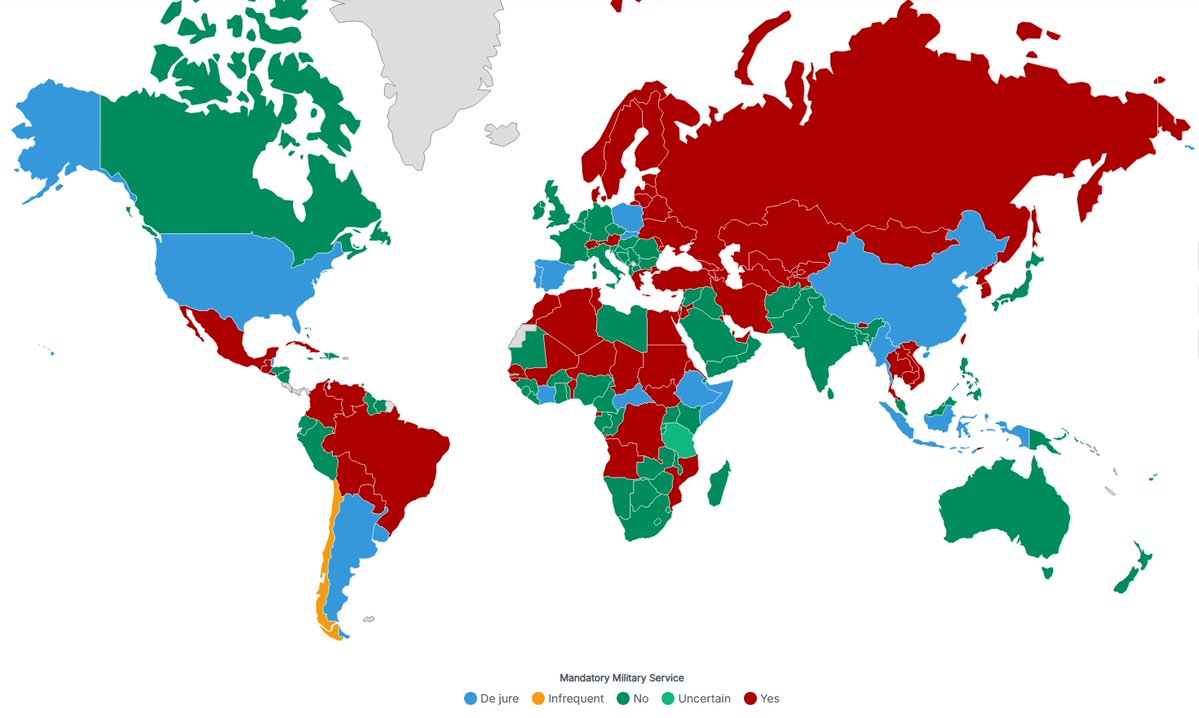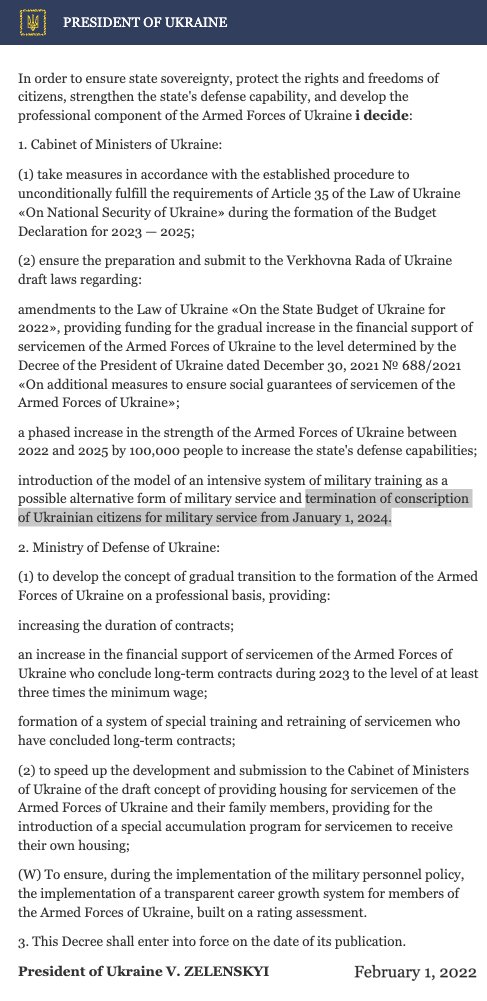In today's #vatniksoup, I'll talk about how the Kremlin uses the country's large prison population to feed its war machine in Ukraine. Russia utilizes these penal military units often to exhaust Ukrainian forces of ammunition & for exposing the location of Ukrainian troops.
1/17
1/17

Penal military units are by no means a new thing. During the Han–Dayuan War, Emperor Wu of Han promised amnesty and rewards to prisoners who'd fight for him. This 60 000-strong army called the "bad boys" attacked the Greco-Bactrian kingdom of Dayuan in 102 BC.
2/17
2/17

Nazis also used these units extensively during World War 2. These "Strafbataillon" often consisted of criminals, political prisoners and deserters, and they were often ordered to undertake high risk missions on the front line.
3/17
3/17

The most famous penal military units was the 36th Waffen Grenadier Division of the SS led by Oskar Dirlewanger, often described as the "most evil man" in the SS. The unit participated in the mass murder of civilians and other atrocities, and was known for its brutality.
4/17


4/17


This Nazi strategy was also utilized by the PMC Wagner founder, Yevgeny Prigozhin and his henchman Dmitry Utkin. Prigozhin had spent 9 years behind bars and understood the Russian prison culture well. Probably due to this, the Kremlin gave him free hands in recruiting...
5/17


5/17


...prisoners to fight in Ukraine. The deal went as follows: fight for 6 months with PMC Wagner & you'll be free. And many did,especially those who had long sentences or were placed in the most harsh & hostile prisons, often becoming victims of torture and/or sexual violence.
6/17
6/17
In early 2023, an official Russian TV channel showed an interview of Mikhail Popok, a Russian serial killer, rapist and a necrophile who wants to join the Russian war effort in Ukraine.
It's unknown if Popok ever joined the PMC and whether he's still alive.
7/17
It's unknown if Popok ever joined the PMC and whether he's still alive.
7/17
Many of these convicts have been turned into heroes after their death. In Jan, 2023, Wagner organized a "hero's funeral" for a man who beat his mother to death in a drunken frenzy. They also put up a plaque for a convicted murderer, in a grade school in Saratov.
8/17


8/17


As Russia has an extremely high conviction rate, 99,6%, long prison terms and inhumane prison conditions, there's a very strong incentive to risk death in order to obtain freedom. In addition, PMC's like Wagner promise the recruits a good monthly salary even if the die.
9/17


9/17


According to Wagner, the total number of prisoners hired by them from the Russia's prison system is around 50 000, and according to same source 1/5 of them have died. This number is probably much higher, as the prisoners are often sent to high risk suicide missions.
10/17



10/17



In Jan 2023, a whopping 106 prisoners had been amnestied. Those who have been released, have often committed more serious crimes like murder and rape. Naturally, these criminals are at high risk of committing crimes and atrocities while fighting in Ukraine, too.
11/17
11/17
The few recruits that come back from Ukraine, quickly go back to life of crime, alcoholism and drug use. Vera Pekhteleva's murderer and former boyfriend, Vladislav Kanius, spent less then a year behind before he was recruited to fight in Ukraine.
12/17




12/17




Even before his death, Prigozhin was no longer allowed to recruit soldiers from prisons, as this "privilege" was moved on to the Ministry of Defense. This Russian penal military unit was called Storm-Z and its members were paid a lavish salary by Russian standards.
13/17
13/17

In Jun 2023, Ukrainska Pravda reported that the Kremlin is dismissing the Storm-Z unit due to their "extremely low combat capability". Allegedly, these troops were then transferred to replenish the Volunteer Corps.
14/17
14/17

As before, the main mission for these units is to function as meat walls that are sent to blow up mines, exhaust Ukrainian defenders of ammunition and exposing their location. Regular soldiers are also sent to Storm-Z as a punishment for drinking, attempted desertion, etc.
15/17



15/17



And the contracts the prisoners are offered have become even worse - the Ministry is offering them 18-month contracts, but in many cases the recruits haven't been given anything to sign. Yet, there are thousands of inmates around Russia ready to enlist to the meatgrinder.
16/17
16/17

Recently Russia has used a new strategy in order to avoid partial or full mobilization: according to ISW, Russian authorities are revoking the citizenship or visas of immigrants,then offering them a chance to either fight in Ukraine or be exiled back to their homeland.
17/17


17/17


For more information, read this fantastic NYT article by @KatjaBody et al.:
nytimes.com/2023/12/04/wor…
nytimes.com/2023/12/04/wor…
I have paused personal donations for now, please support @U24_gov_ua by donating to the #HopakChallenge and sending me the receipt:
https://twitter.com/P_Kallioniemi/status/1727001859846730089
• • •
Missing some Tweet in this thread? You can try to
force a refresh
































